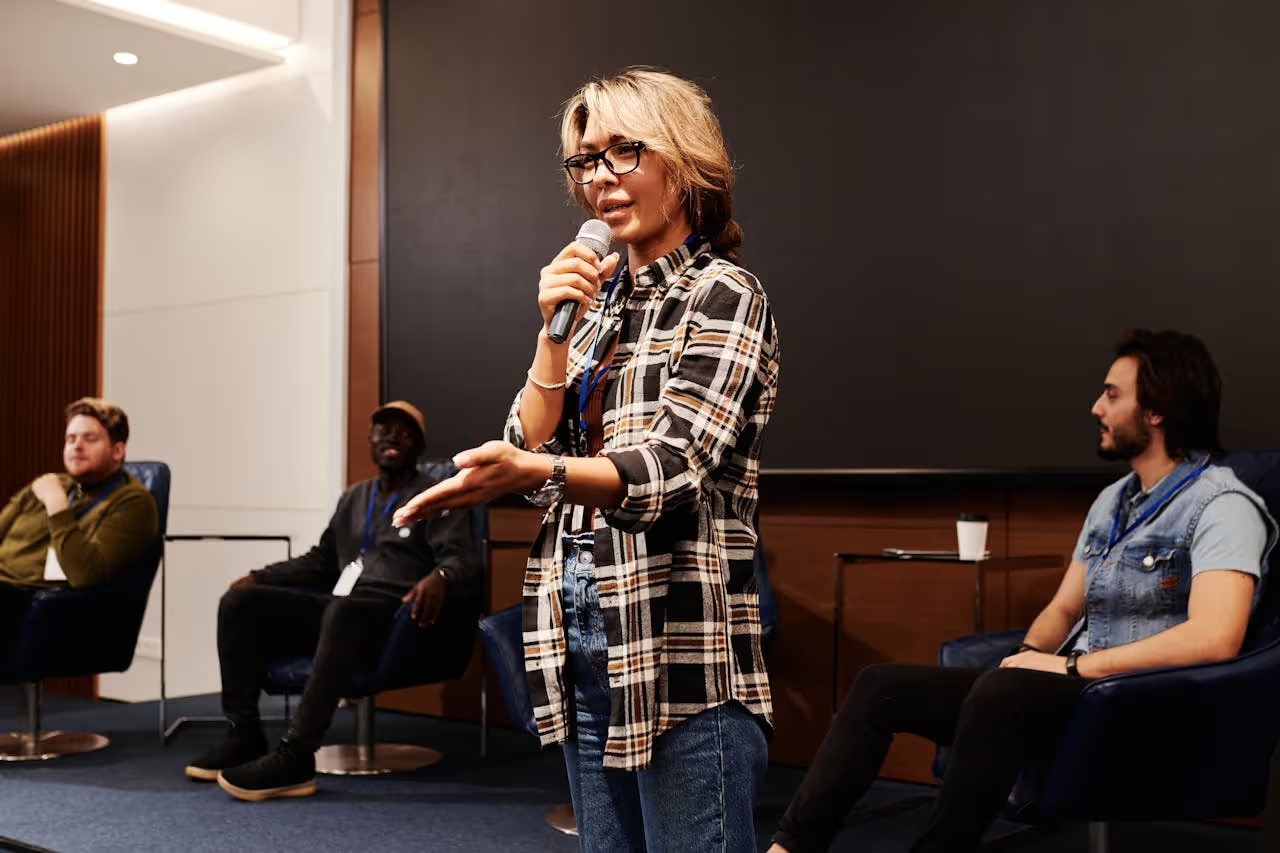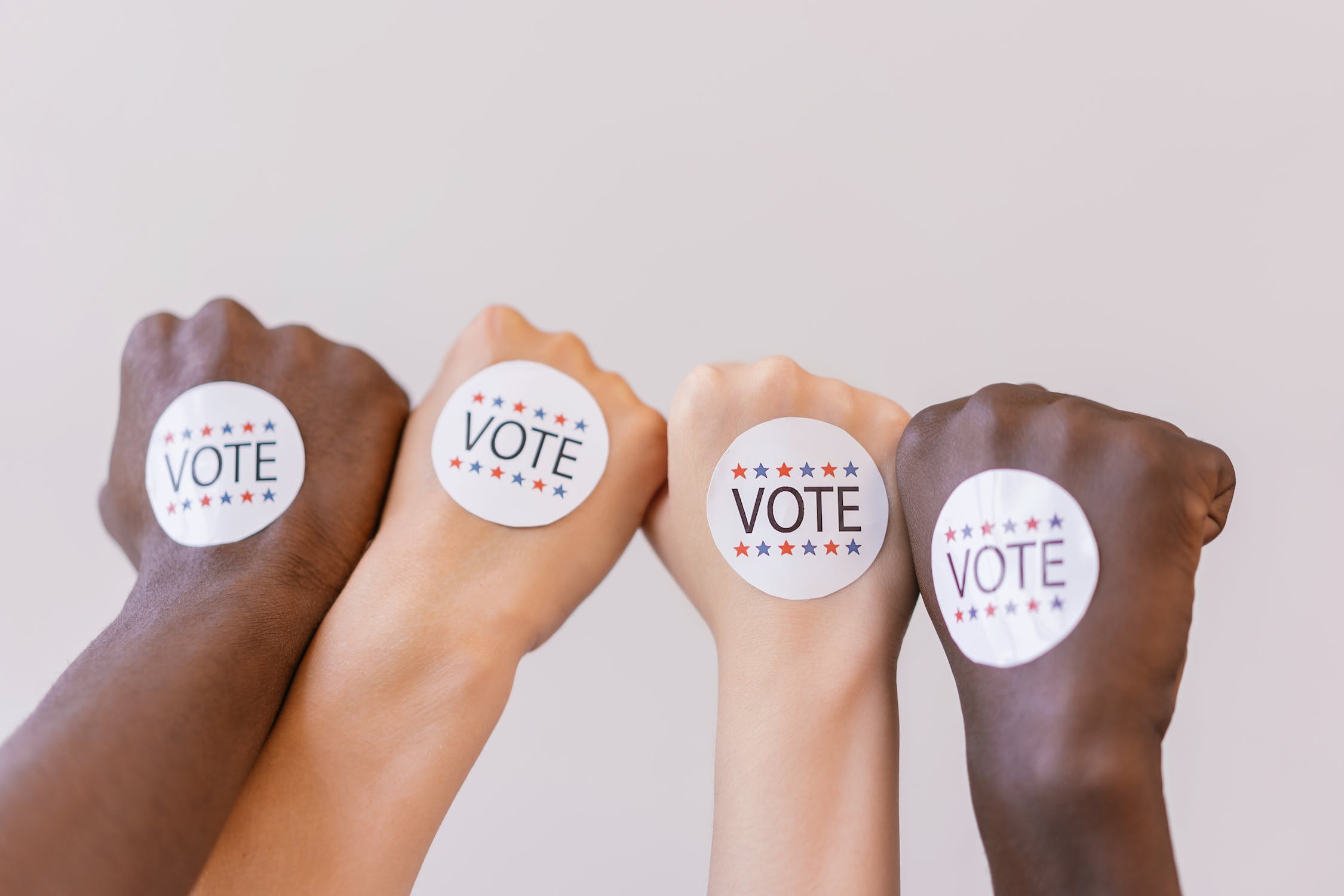Understanding Student Programs That Build Communication and Critical Thinking Skills
When exploring extracurricular activities in high school or college, you may come across both mock trial and debate club. At first glance, they may seem similar—both involve public speaking and structured arguments. But these two programs actually focus on different skills, goals, and formats.
Whether you're a student considering which to join, or a parent or educator helping someone decide, it's crucial to know how mock trial and debate differ. Both can enhance academic performance, boost college applications, and prepare you for professional careers.
What Is a Mock Trial?
A mock trial is a simulated court case where students play the roles of attorneys, witnesses, and judges. This activity is designed to mimic real courtroom procedures. Its primary goal is to teach students about the U.S. legal system and courtroom dynamics.
Key elements of mock trial include:
- Detailed case materials based on fictional or historical legal cases
- Role-play involving attorneys, witnesses, and expert testimony
- Preparation of opening statements, direct and cross-examinations, and closing arguments
- Formal courtroom procedures and rules of evidence
- Judgment by a panel or real legal professionals based on legal reasoning and presentation
Mock trial develops your understanding of how legal systems operate. It also helps build skills in teamwork, persuasive speaking, legal terminology, and critical analysis.
What Is Debate Club?
Debate club focuses on arguing issues from multiple perspectives. In competitive academic debate, students are assigned sides (affirmative or negative) on current event topics or philosophy-based motions. These policies or resolutions change regularly and may not reflect your personal viewpoint.
Common formats include:
- Lincoln-Douglas debate (one-on-one debates)
- Policy debate (team format centered on government policy proposals)
- Public forum debate (team-based with current event topics)
- Parliamentary debate (impromptu, fast-paced sessions)
Debate teaches you structured speaking, logical reasoning, research skills, and the ability to think on your feet. It involves timed speeches, evidence-based arguments, and rebuttals.
Major Differences Between Mock Trial and Debate Club
To choose the right activity, consider these differences based on structure, focus, and skill development:
- Format: Mock trial simulates a courtroom. Debate is a structured argument format.
- Topics: Mock trial revolves around a single case scenario. Debate covers rotating topics across politics, ethics, law, and more.
- Roles: In mock trial, everyone has specific roles like lawyers or witnesses. In debate, all team members argue their side in a multi-round format.
- Rules: Mock trial follows legal rules and objections (such as hearsay). Debate has time limits, turn-taking, and point structures.
- Judging: Mock trial is judged on legal knowledge and courtroom conduct. Debate is judged on argument strength, evidence, and delivery quality.
Which One Develops Better Academic and Career Skills?
Both programs offer value, but they cultivate different strengths:
- Mock trial is perfect if you're considering law, criminal justice, or forensic careers.
- Debate club is ideal for students aiming for public policy, politics, journalism, or philosophy fields.
If you're aiming for a law school path, mock trial gives you hands-on experience with trial procedures. If you're exploring political science or international relations, debate helps sharpen your rhetorical and analytical talents.
How to Choose the Right Program for You
When deciding between mock trial and debate club, think about the following:
- Your strengths: Are you better at storytelling and memorization (mock trial) or rapid thinking and persuasion (debate)?
- Your career goals: Do you imagine yourself in courtrooms or policy debates?
- Program availability: Some schools offer one or the other. Consider the team, competitions, and coaches involved.
- Time commitment: Both can be intense. Debate may involve more frequent tournaments, while mock trial has detailed rehearsals and legal prep.
Ultimately, both programs improve communication, critical thinking, and leadership—all essential for college and beyond.
Frequently Asked Questions About Mock Trial vs. Debate Club
Can you join both mock trial and debate club?
Yes, many students participate in both to develop complementary skill sets. Just be aware of schedule conflicts during competition seasons.
Is mock trial considered public speaking?
Yes, mock trial involves public speaking in a formal setting. Roles like attorneys require persuasive speech and courtroom presentation.
What are the benefits of joining debate club in high school?
Debate club improves research abilities, logical reasoning, public speaking, and confidence. It also enhances college applications and scholarship opportunities.
Does mock trial help with law school admission?
Absolutely. Mock trial experience shows admissions committees your interest in the legal field. It also builds core skills like legal analysis and oral advocacy.
Is debate more competitive than mock trial?
Both can be highly competitive, depending on your school and region. Debate tends to have more frequent tournaments, while mock trial competitions focus on depth over frequency.











.svg)



